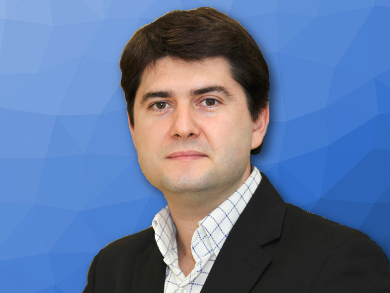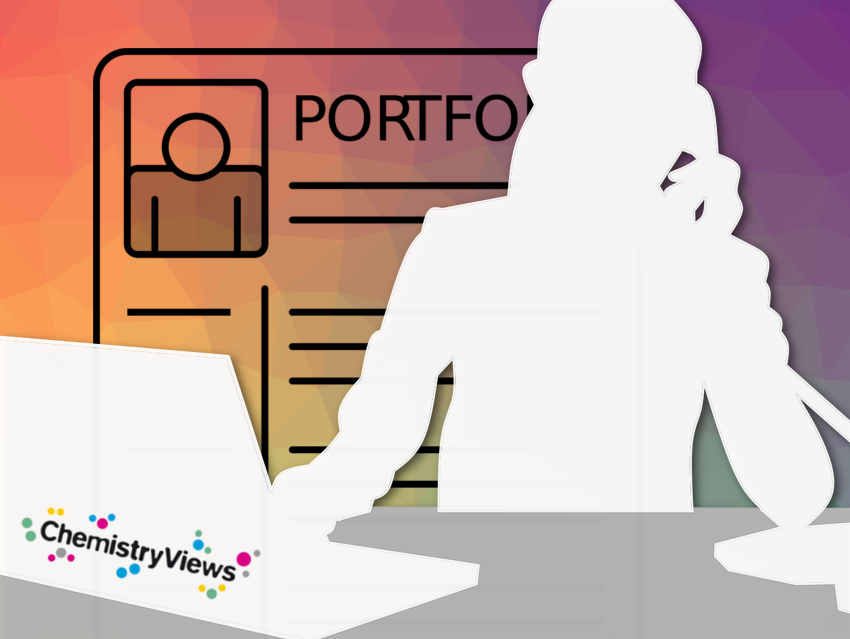Get the Most Out of Your Doctorate: Tips for Excelling Without Dying in the Attempt
Inspired by Nobel laureate Santiago Ramón y Cajal [1], Javier García Martínez, Professor at the University of Alicante, Spain, and Past-President of the International Union of Pure and Applied Chemistry (IUPAC), shares tips for young scientists, drawing on insights from both emerging and established chemists.
In this series, Javier García Martínez distills Cajal’s key insights into actionable advice that any young scientist can apply. Drawing on his experience as a Ph.D. advisor, prolific author, and leading researcher in molecular nanotechnology, Javier adds context to Cajal’s timeless lessons. Every Tuesday and Friday, a new entry will be published, featuring practical advice and a quote from D. Santiago Ramón y Cajal’s book on the day’s topic. This series will also include insights from Vera Koester of ChemistryViews to provide additional perspective.
We invite you to read, reflect, and share your own thoughts in the comments as we explore practical strategies for making the most of your Ph.D. journey.
💡Tip 5: Strive for Originality and Independence
While learning from others is important, true scientific progress comes from independent thinking. Developing your own ideas, questioning established knowledge, and exploring innovative approaches will set you apart as a researcher.
Here’s how you can cultivate originality and independence in your Ph.D.:
- Develop your own research approach: While established methods provide a foundation, don’t limit yourself to conventional techniques.
Ask yourself:
o Is there a more efficient way to achieve this result?
o Can I combine methods from different fields to gain new insights?
o What assumptions does this approach make, and can they be challenged?
o Experiment with new methodologies, explore alternative data analysis techniques, and seek ways to refine existing models. - Question existing theories: Some of the most significant scientific breakthroughs come from challenging widely accepted ideas. Don’t be afraid to ask tough questions about prevailing theories and frameworks. Even if you don’t overturn an existing model, critically analyzing its limitations can lead to mportant refinements.
- Be confident in your ideas: Many groundbreaking discoveries were initially met with skepticism. Dan Shechtman’s discovery of quasicrystals and Katalin Karikó’s mRNA research for vaccines faced resistance before being widely recognized. If your research challenges the norm, expect pushback—but don’t let it discourage you. If your data supports your conclusions, stand by them while remaining open to constructive critique.
- Take ownership of your work: While collaboration is crucial, becoming an independent thinker means making your own intellectual contributions. Seek mentorship and feedback, but take initiative in designing experiments, analyzing results, and interpreting findings.
- Balance originality with humility: Innovation does not mean rejecting existing knowledge outright. Tip #4 emphasized intellectual humility—combine it with independent thinking by remaining open to alternative perspectives while developing your own voice in research.
- Embrace risk and uncertainty: Original research often involves venturing into the unknown. Not every idea will succeed, but taking calculated risks can lead to unexpected discoveries. Treat failures as stepping stones rather than setbacks (more in Tip #1).
By striving for originality and independence, you will make meaningful contributions to your field and develop the confidence to pursue bold scientific questions throughout your career.
“We render a tribute of respect to those who add original work to a library, and withhold it from those who carry a library around in their head”
―Santiago Ramón y Cajal, Advice for a Young Investigator
Many Nobel Prize winners, such as Dan Shechtman or Katalin Karikó, have shared how they held on to their theories for years, often overcoming incredible obstacles before achieving their breakthroughs.
That relates also to Tip 1. But also to others such as Tip 4: recognizing one’s limitations and learning from mistakes to foster intellectual independence.
―Vera Koester
➜ Tip 6:
will be published on April 18
➜ Tip 4
References
[1] Santiago Ramón y Cajal, Reglas y Consejos sobre Investigación Cientifica: Los tónicos de la voluntad, Editorial Médica Panamericana, Madrid, Spain, 2011. ISBN-13: 978-8467037753
[2] Javier García-Martínez, How To Make the Most of your PhD?, Bunsen-Magazin 01/2025.
Also of Interest

Interview: Can I Become an Entrepreneur and If So, How?
An interview with the president of IUPAC, professor, entrepreneur, and author Javier García-Martínez

Collection: Student Career Resources
A growing compilation of resources that help you in your career
![9 Tips for a Successful PhD [Tip 5]](https://www.chemistryviews.org/wp-content/uploads/2025/04/202503_9-Tips-for-a-Successful-PhD_Tip5.png)

![9 Tips for a Successful PhD [Tip 7]](https://www.chemistryviews.org/wp-content/uploads/2025/04/202503_9-Tips-for-a-Successful-PhD_Tip7-125x94.png)
![9 Tips for a Successful PhD [Tip 6]](https://www.chemistryviews.org/wp-content/uploads/2025/04/202503_9-Tips-for-a-Successful-PhD_Tip6-125x94.png)

![9 Tips for a Successful PhD [Tip 4]](https://www.chemistryviews.org/wp-content/uploads/2025/04/202503_9-Tips-for-a-Successful-PhD_Tip4-125x94.png)